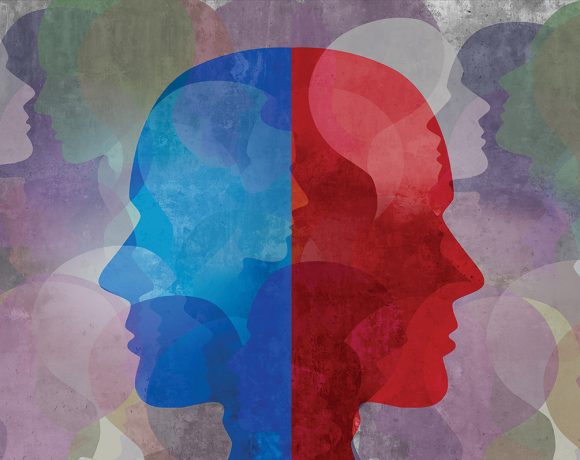Advantages and Disadvantages of Consuming a Lot of Protein

Advantages of Consuming a Lot of Protein
- Muscle Growth and Repair
Protein is a crucial building block for muscles, making it an essential nutrient for athletes and bodybuilders. Consuming a lot of protein can help stimulate muscle growth and repair, enabling athletes to recover faster from strenuous workouts. It can also help prevent muscle loss that often accompanies weight loss.
- Weight Loss and Management
Protein has been found to be an effective nutrient for weight loss and management. It can increase satiety, make people feel fuller for longer, and reduce cravings for unhealthy foods. Consuming protein-rich foods can help increase metabolism, leading to more calories burned and a faster rate of weight loss.
- Improved Bone Health
Protein is an important nutrient for bone health, as it plays a crucial role in bone density and strength. Consuming a lot of protein can help improve bone health, reducing the risk of bone fractures and osteoporosis.
- Reduced Risk of Chronic Diseases
Research has shown that consuming a lot of protein can help reduce the risk of chronic diseases such as heart disease, diabetes, and certain types of cancer. Protein can help regulate blood sugar levels, reduce inflammation, and lower blood pressure, all of which are risk factors for chronic diseases.
Disadvantages of Consuming a Lot of Protein
- Kidney Damage
Consuming too much protein can cause damage to the kidneys, as they are responsible for filtering out excess protein from the body. Over time, consuming excessive amounts of protein can lead to kidney damage and increase the risk of kidney disease.
- Increased Risk of Heart Disease
While protein can help reduce the risk of heart disease, consuming too much protein can have the opposite effect. High levels of protein intake have been linked to an increased risk of heart disease, as it can raise cholesterol levels and increase the risk of developing plaque in the arteries.
- Digestive Issues
Consuming a lot of protein can also lead to digestive issues such as bloating, constipation, and diarrhea. This is because protein takes longer to digest than other nutrients, which can lead to digestive discomfort if consumed in excess.
- Weight Gain
While protein can be an effective nutrient for weight loss and management, consuming too much protein can lead to weight gain. Excess protein is stored as fat in the body, leading to an increase in body weight and a higher risk of obesity.
While protein is an essential nutrient for the body’s growth and development, it is important to consume it in moderation to avoid the negative effects of excessive consumption. When consuming protein, it is essential to choose high-quality sources such as lean meats, fish, eggs, and legumes, and to balance protein intake with other essential nutrients such as carbohydrates and fats. By doing so, you can ensure that you are getting the most benefits from this essential nutrient while avoiding the negative consequences of excessive consumption.



